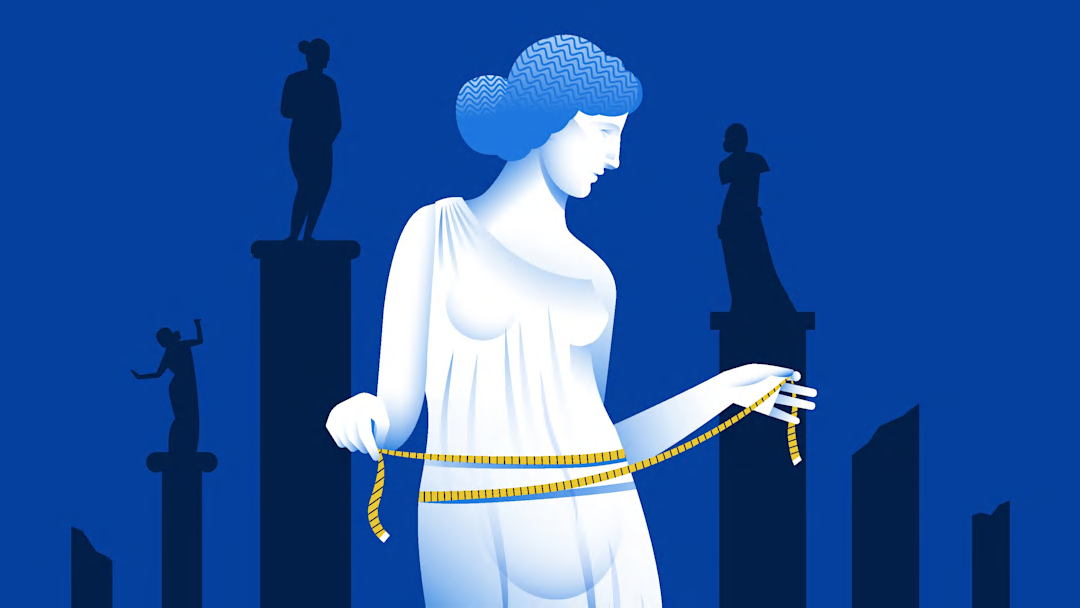

Keith Johnston
Joined: Oct 21, 2020
Keith Johnston is a historian specializing in the 18th century. His research has appeared in both academic and general interest publications, and was once the subject of chatter on Slate’s Political Gabfest.




J. Bruce Ismay’s life was changed in an instant. At 1:40 a.m. on April 15, 1912, sporting pajamas under a suit and topcoat, with slippers on his feet, the chair
People have come up with a range of ingenious, harebrained, and sometimes grim but often remarkable ways to stay cool during a summer scorcher.
Québec slang, as heard in Montréal and elsewhere, is a remarkable 'méli-mélo' (hodgepodge) of ancient French, more recent borrowings from Arabic- and Haitian Creole-speaking communities, and English loanwords.
How’s your hose? If the question is confusing—or sounds like someone is trying to sell you gardening equipment—you might not be up on your baseball slang. “Ever
Many Victorian Christmas traditions inspired our holiday rituals today. But some odd ones, like playing snap-dragon and other dangerous parlor games, are no longer common.
If you’re a fan of the TV show 'Peaky Blinders,' you already know that historical gangs could get very creative with their names. Here’s how 11 other creatively-named gangs came up with their monikers.
Over the years, your tax dollars have gone toward Osama bin Laden action figures, reconnaissance pigeons, psychedelic drugs, and some homemade porn.
Despite its reputation as a learned language of science, religion, and philosophy, ancient Latin was in fact a rough-and-ready language full of strikingly frank insults designed to cut to the bone.
Here are 30 hilarious—or hilariously bad—Victorian era conundrum puns that might make you the best-guessed guest at your next bash.
After Shizo Kanakuri pulled out of a race during the 1912 Olympics, he unintentionally became mythologized as the “Japanese who vanished.”
Victorians had many manuals and advice books that discuss sex with surprising frankness. Here are 11 bits of Victorian sex wisdom—good, bad, and otherwise—published between 1837 and 1901.
Poems have helped to create some of the most poignant scenes in movies—think of W.H. Auden’s "Funeral Blues" in 'Four Weddings and a Funeral,' or Elizabeth Bishop’s "One Art" in 'In Her Shoes.' Movies, in turn, have inspired some spectacular poems.